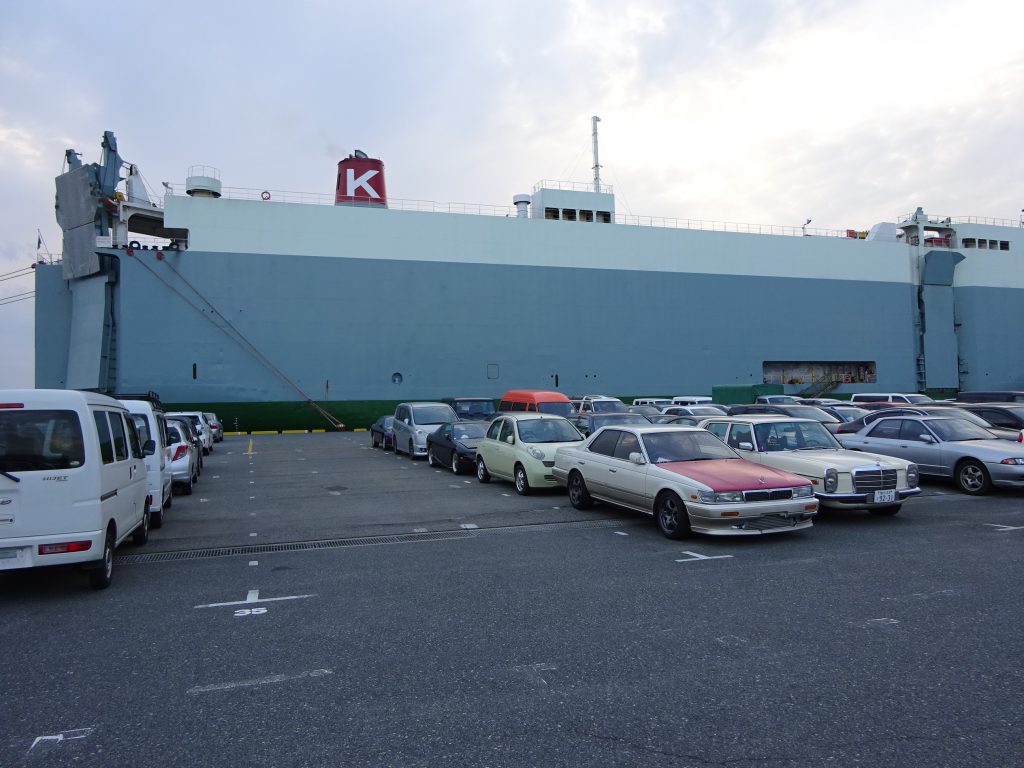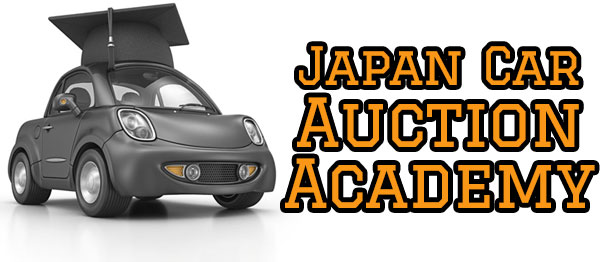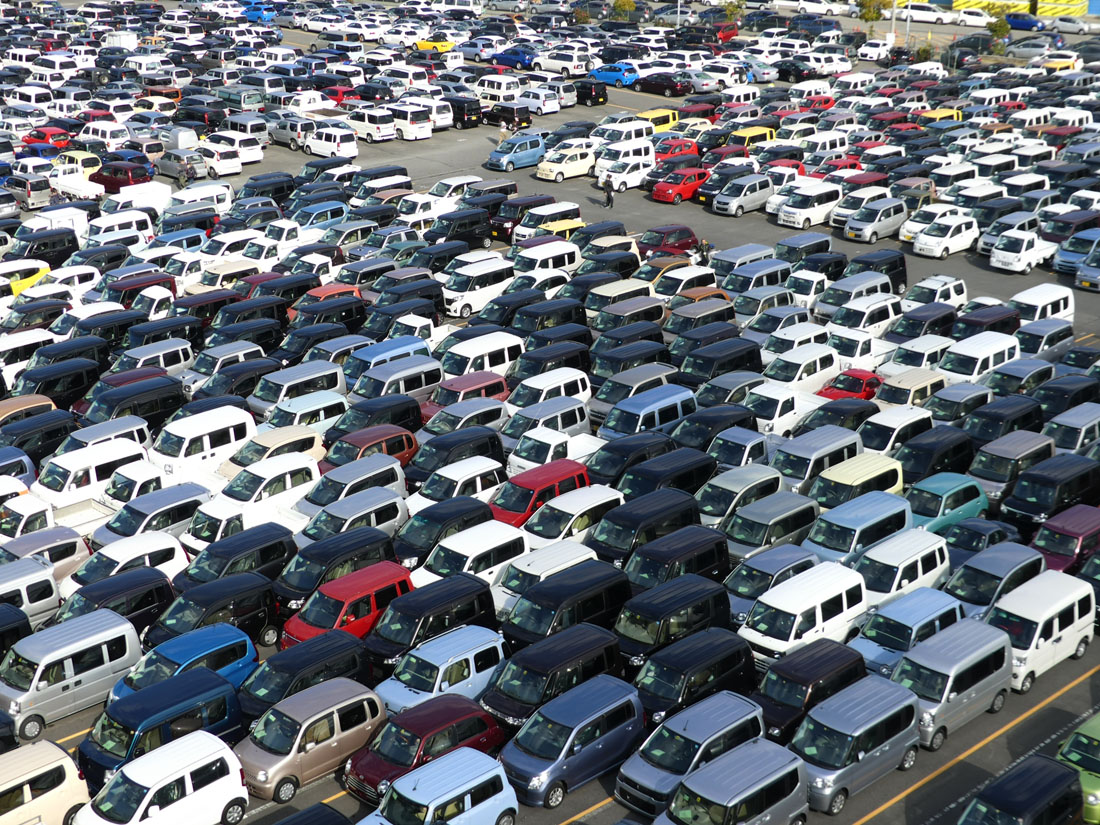The Process
First of all, you need to bear in mind that many of these processes happen simultaneously. It may look like a series of steps, but many are overlapping.
For example, you may wonder why it seems that we wait a while to book the car for shipping. Well, that's not really true. It may look like that from this list, but we will make a booking on a ship as soon as we have a good idea when the car will be ready. Sometimes, this could even be on the day of the auction, before the car has even been removed from the auction’s yard!
So, with that in mind, let's go on and have a look at the different processes that are involved in exporting the car. We'll start with transporting the car, then look at how we process documents and get any certifications your car needs for import. We talk about cleaning and photographing the car and, of course, arranging shipping.
Transporting the car
We arrange the transport to move the car from the auction to the port, whether by multiple-vehicle car carrier, single-car carrier, specialist enclosed truck, or by having it driven.
Getting documents from seller
In order to complete the export procedure, we need to get the original registration documents (the title) from the seller. The auction rules state that the seller has up to 14 days to get these to us.
Most sellers are very good at expediting this, but occasionally there will be people who sit on them for a while, slowing down the export process. Unfortunately, unless they go over the 14-day limit, there is nothing we can do to speed things up.
Processing the documents
The car has to be deregistered in order to be able to export it legally. The registration in Japan is canceled, and we receive a Deregistration or Export Certificate from the Ministry of Land, Infrastructure and Transportation.
Getting certifications
Most countries do not need this, but some countries require cars to be certified prior to import. Whether it is QISJ (e.g. for Kenya) or JEVIC (e.g. for Uganda), we make the arrangements to get this extra piece of paperwork in hand.
We can also arrange JEVIC odometer inspections for an additional charge per car.
Cleaning and photography
Our customers love the photo sets we send to them for one simple reason -- it helps them pre-sell cars that haven’t even arrived yet.
The cars come from the auctions in varying states, but whether they are looking okay, or full of junk and dirty, we first give them a complete clean inside and out.
We then have a set of photos taken of the outside, interior, inside of trunk, the engine bay and underneath the car. The number of photos varies. A car like a Prius will need fewer photos than a car like a GT-R with lots of aftermarket parts, for the simple reason that there aren’t so many things of interest to take photos of.

Storage prior to shipping
We sometimes provide storage prior to shipping in secure port facilities. (This storage service cannot be offered when the port is full of vehicle) If you are buying cars for countries with an age restriction, you may be interested in buying cars that are currently too young, and then have us store them for free prior to export.
The additional charge for long-term storage is an extra 10,000 JPY per month.
Booking your cars for shipping
Booking the car for shipping (whether Ro-Ro shipping or container shipping) can actually take place at any stage in the process. If the seller tells us the documents are in the mail, the car is at auction in Kobe and is shipping out of Kobe, for example, then we can make a pretty good prediction of when the car will be ready to leave, and we make a booking accordingly.
Our goal is always to book your cars on the earliest possible ship, for the simple reason that the quicker you get your cars, the quicker you can sell them … and come back to buy more.
ISF Filing (for US imports)
Shipments to the US require that the ISF is filed by 24 hours before the ship leaves Japan. We do not file the ISF directly, but we do provide the information and documentation that your US-side customs agent will need to do this in good time.
We have done this for literally hundreds of ISF filings for US imports, so we know what is required and how important it is to get this right to avoid penalties.

We find that the most successful importers really understand how it all works - from the auction to the ship and beyond. Don't get left behind!



